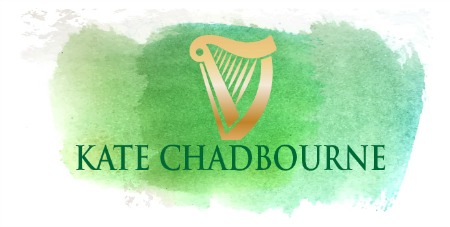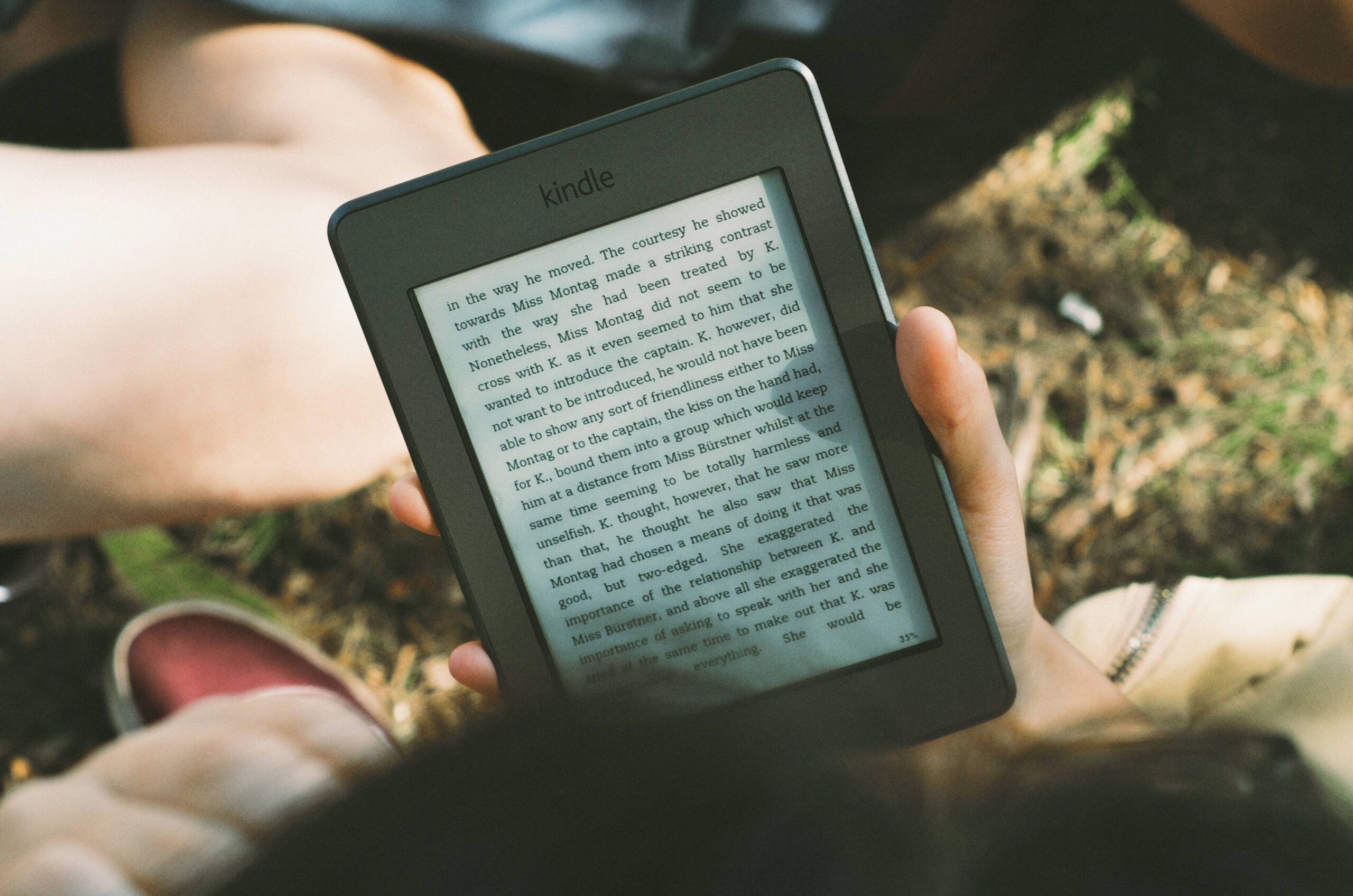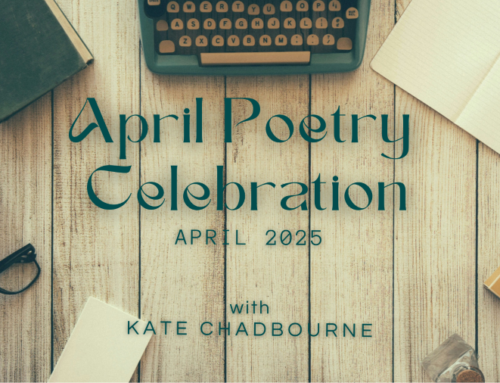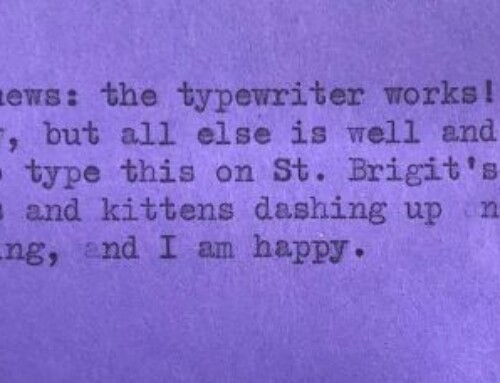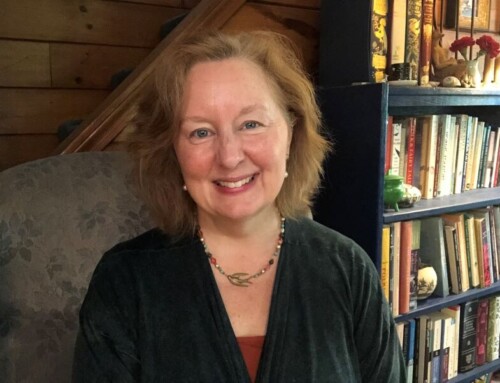Believe me, I thought long and hard about how to price my ebook on Amazon. There are books three and four times as long as mine selling for half the price or less. Before I hit the button to set the price at $9.99, the usual questions and worries swarmed in my mind:
But what will people think? I mean, your book is SHORT, Kate. Condensed and potent, yes, but at only 65 pages or so, people will think you’re greedy. They’ll think awful things about you!
After a lot of thinking, though, I made my bold move. Here are the most important reasons why:
Perspective: my book costs about the same as two trips to Starbucks. It’s a beautiful book, full of encouragement, practical strategies, wit, and heart. It’s worth more than two grande mocha frappucinos, slurped and forgotten an hour later. Sorry if that seems brash, but if the author doesn’t value her own work, who will?
I’m an indie artist, and the difference between $1.99 and $9.99 is the difference between crazy, give-up- right-now- and-get- a-real- job struggle, and just ordinary work-your- tail-off- to-make-this- work struggle. For my reader, a person who bought the book because she wanted to practice more often and more joyfully, that $8 difference makes almost no appreciable difference in her ability to feed herself this month or cover her expenses. She can still go to the movies and swing by Starbucks afterwards.
I think it’s a cockamamie idea that books should be priced by their length, as if this were some freshman essay with a strict word count. The point isn’t the number of words; it’s the worth of the ideas. That concept of worth is debatable, of course, and as producers, we should always aim high and work hard. But in my own experience, the length of a book is no indication of depth, enjoyment, or substance. Certain essays have changed my life and brought me more true JOY than any weighty tome. And a haiku sometimes zings straight into my heart and performs its magic more effectively than an epic. All of this comes down to the mysterious chemistry of readers and writers; it has nothing to do with word count.
The normal price structure for books and music is set up to support the publishing and music industries first and foremost, and secondly, the authors and musicians who have secured wide distribution through these industries. It is definitely not set up to support independent artists and producers who can’t possibly live on the fraction of the $1.99 sale they make on an ebook into which they invested hours of work, care, and expertise.
The same is true with music. Every month, Apple and other distributors sell my songs and recordings to their wide networks for .99/download. I don’t know what they keep, but I do know that by the time I’m paid, my share is much less than a penny. The common thinking here is that if you’re really good, you’ll win notice and then all those half-cents will add up to something. But now that we’ve seen well-established artists starting their own publishing companies and re-claiming their publishing rights, it’s perfectly clear that underneath the Beyoncé level, this system does not support artists. It’s the same with book publishing, which has resulted in the proliferation of small presses and self-publishing.
I have come to the conclusion that we’re not obliged to play along with a system that will cheerfully put us out of business.
If a reader takes to heart the main idea of my book and experiments with even one or two of my strategies, his practice life will bloom – and that means more self-trust, more enjoyment, more excitement, more progress. Potentially, my brief but potent ebook can help change his whole life for the better. That is certainly worth ten bucks.
People value what they pay for. It took me YEARS to learn this. Cheap stuff is already “marked down” in the eyes of the consumer, thrown on the hard drive, and often not even read. That means that had I priced my ebook along the lines of others of similar length, its goodness would likely be wasted, its potential untapped. We’ve all seen the video of the world-class violinist playing for tips in the subway station as people rush by, heedless of the sublime music he’s making. Many of those people happily part with hundreds of dollars to purchase a ticket to the symphony to hear the very same music. The next week, they sit in the symphony hall and feel the thrill and power of the music that made zero impression on them when it was free.
(Artists and musicians: please take this in. When you’re giving away your best stuff for free and no one is saying much, you could come to the conclusion that your art is not worth anything. Start charging for what you do and you’ll be amazed at how you suddenly become valuable! For more on the perils of NOT charging, read THIS).
Ultimately, people are free to buy my book or not, to think it’s too expensive, to think I’m greedy or crazy, to write mean things, or to shower me with love and praise.
I’m free to try to make an honorable living from the things I create. I’m free to think more about what I want and need than what people might say or think. I’m free to stand by my work and offer it to people I think will benefit from it – and they’re free to decline or to accept.
This open-eyed freedom offers us questions, challenges, and opportunities. It’s an exciting time to be an artist if we’re willing to claim this freedom and build artistic and financial lives that support us to keep growing and creating. To me, that’s the point: to keep going. I, for one, am going to do what it takes to meet that goal.
Artists, I would love to hear about your own relationship with this kind of freedom. And readers, please share your views. Do you buy books based on page length, price, or promise? Thank you so much for reading, and I’m truly grateful for your thoughts.
PS – Click HERE to check out my book, Practice: a love affair with art & life, on amazon.com. If you do read it and feel moved to share a loving review, THANK YOU!
